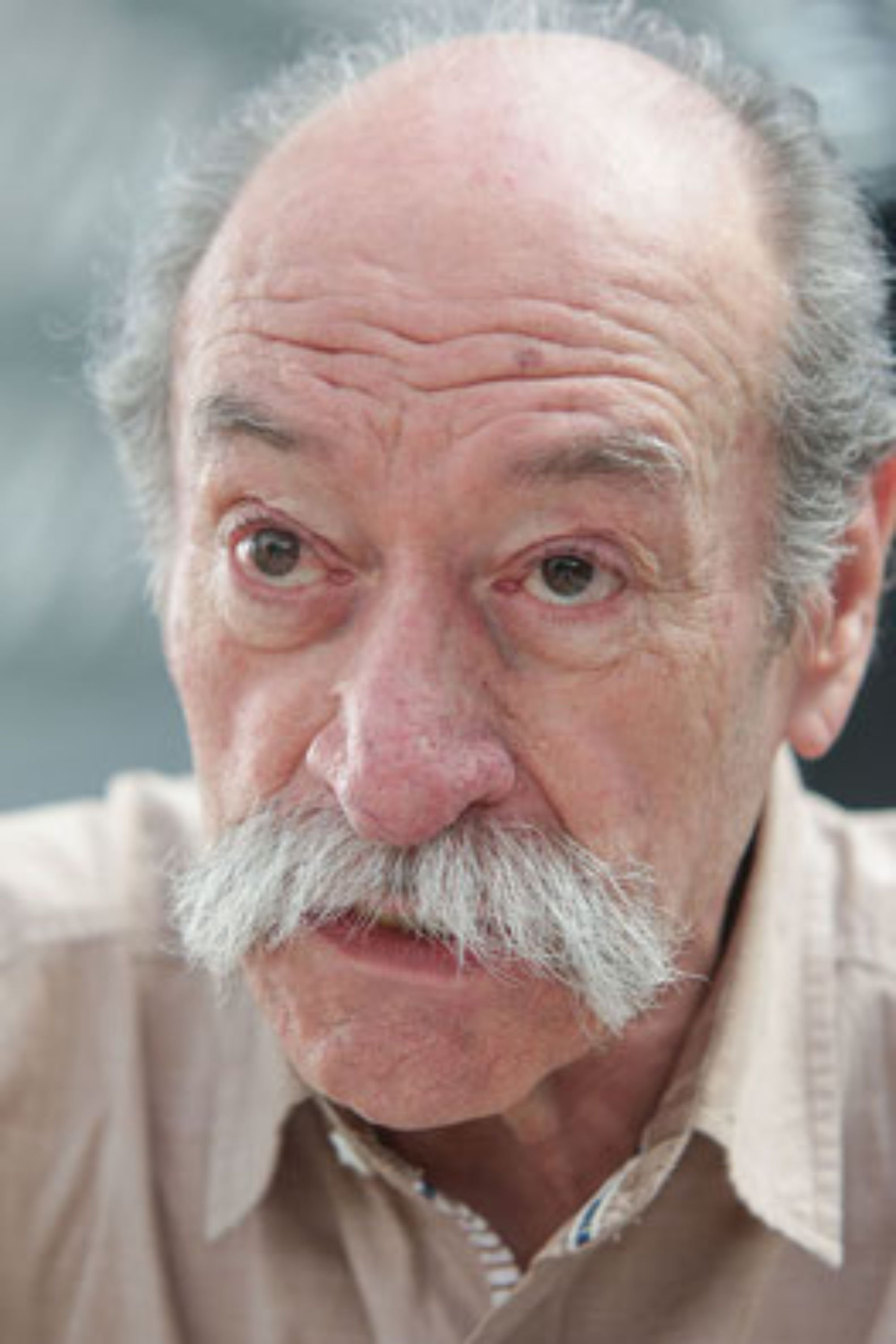

Jorge Ayala Blanco (Mexico City, 1942) is a mexican film historian and critic, author and dean professor at the National School of Cinematographic Arts (ENAC) of the National Autonomous University of Mexico (UNAM). Although he studied Industrial Chemistry at the National Polytechnic Institute (IPN) and after trying to study film at the UNAM University Center for Cinematographic Studies (CUEC), where he occupied a place as a teacher and not as a student, he leaned towards the field of the essay. With more than fifty years of experience, he is also a professor at theNational School of Cinematographic Arts previously Center for Cinematographic Studies, since 1964 and the Casa Lamm cultural center. His contribution to the study of cinema has been his “alphabet” of Mexican cinema, a series of books of great importance for understanding the most representative films of his country.
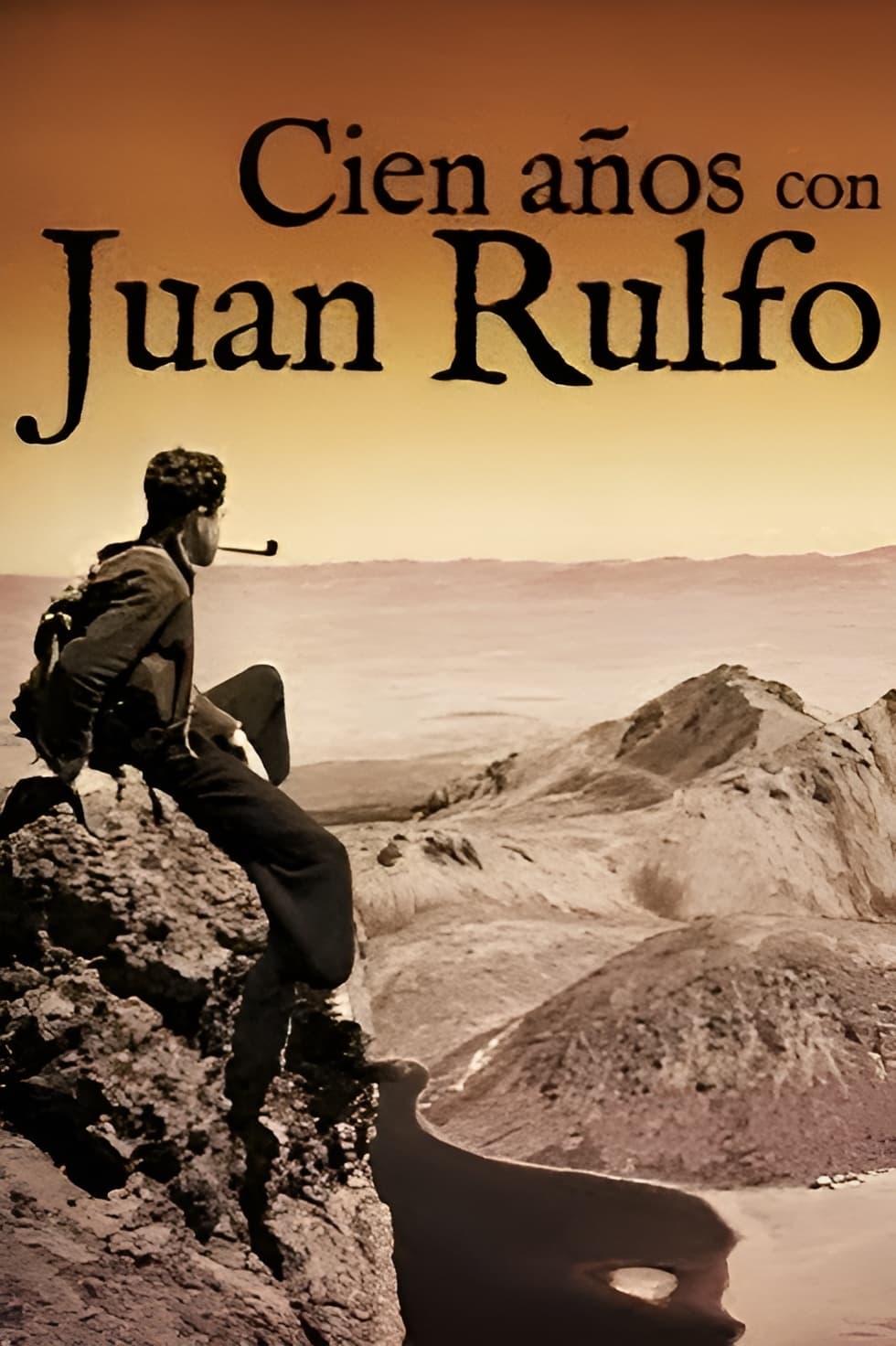
This documentary explores key moments in the life of writer...
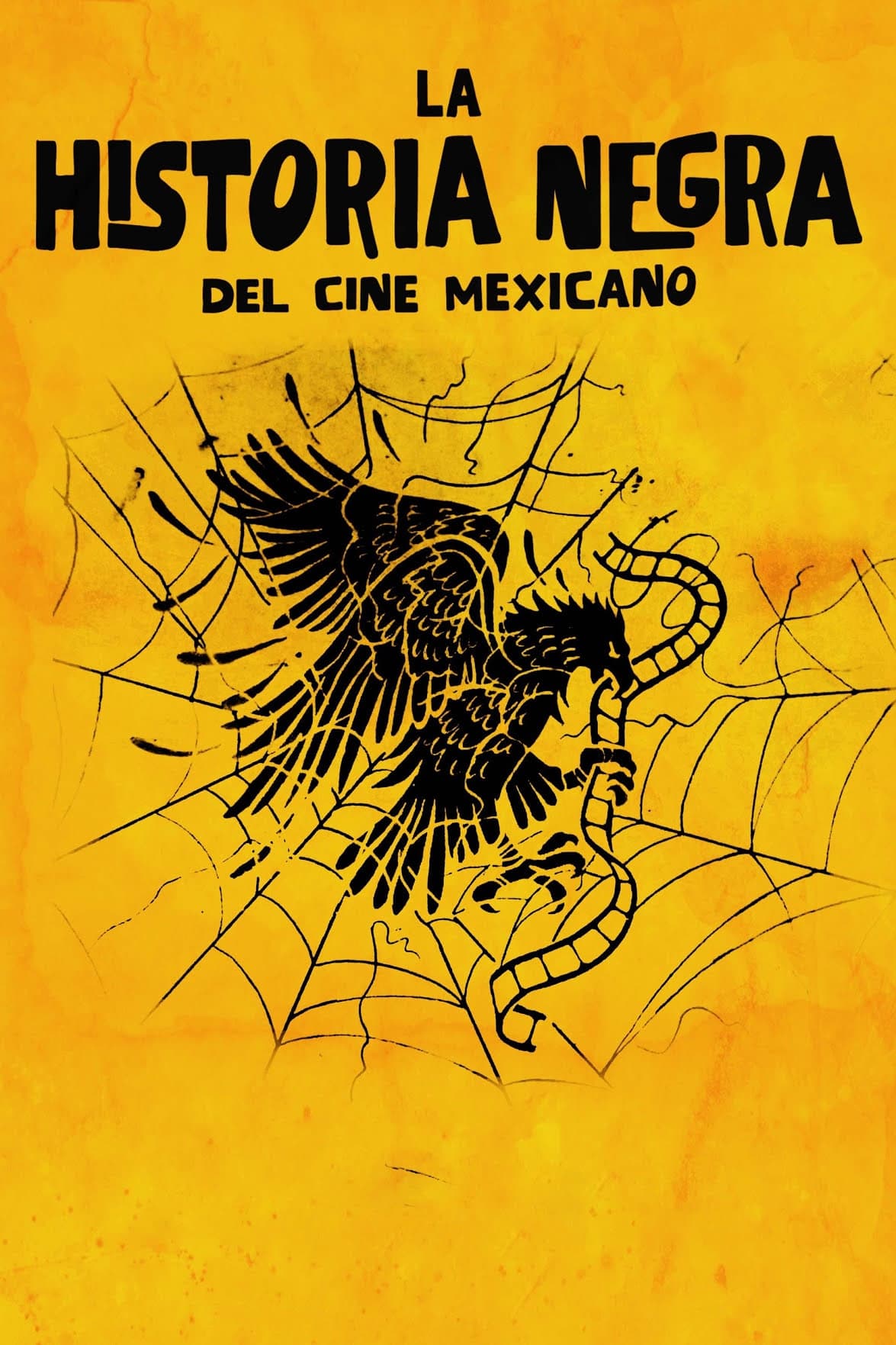
During 1950, Miguel Contreras Torres led a group of filmmakers...
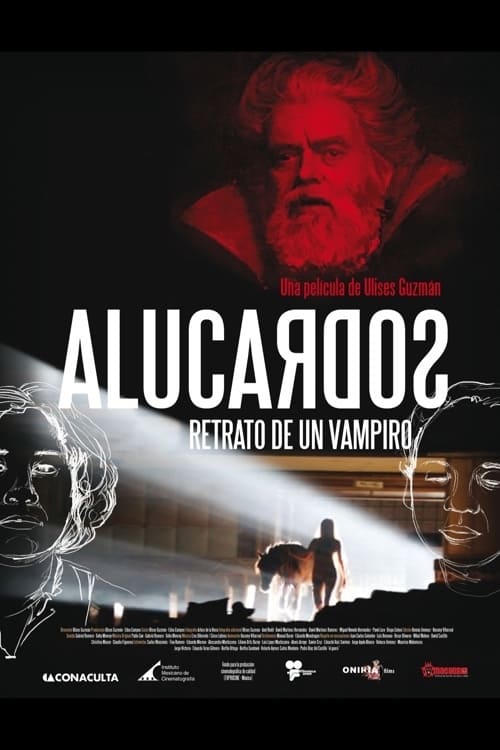
Terror, transsexualism, and an eternal cult film. What is on...
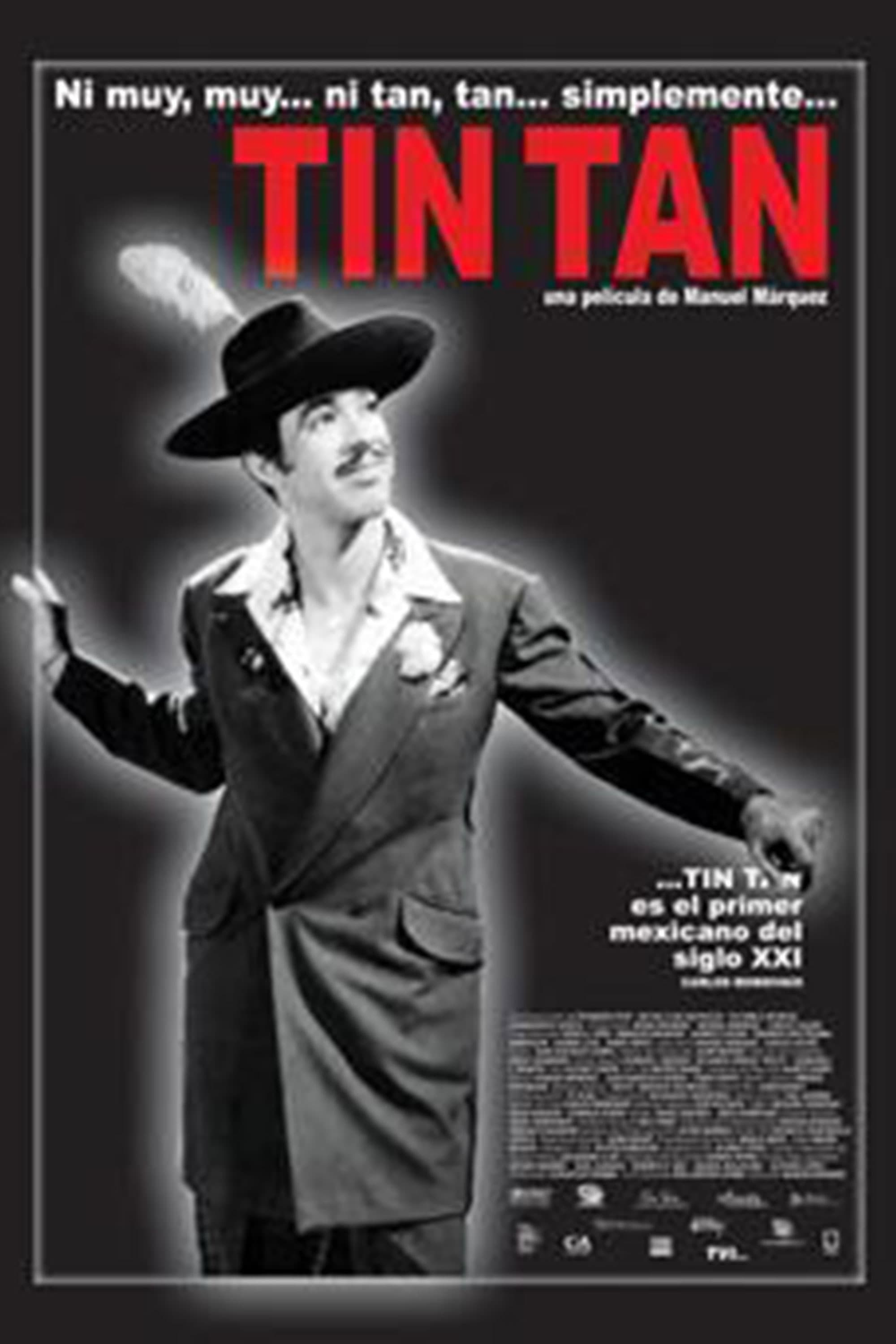
"Ni Muy Muy, Ni Tan Tan, Simplemente, Tin Tan. Tin...
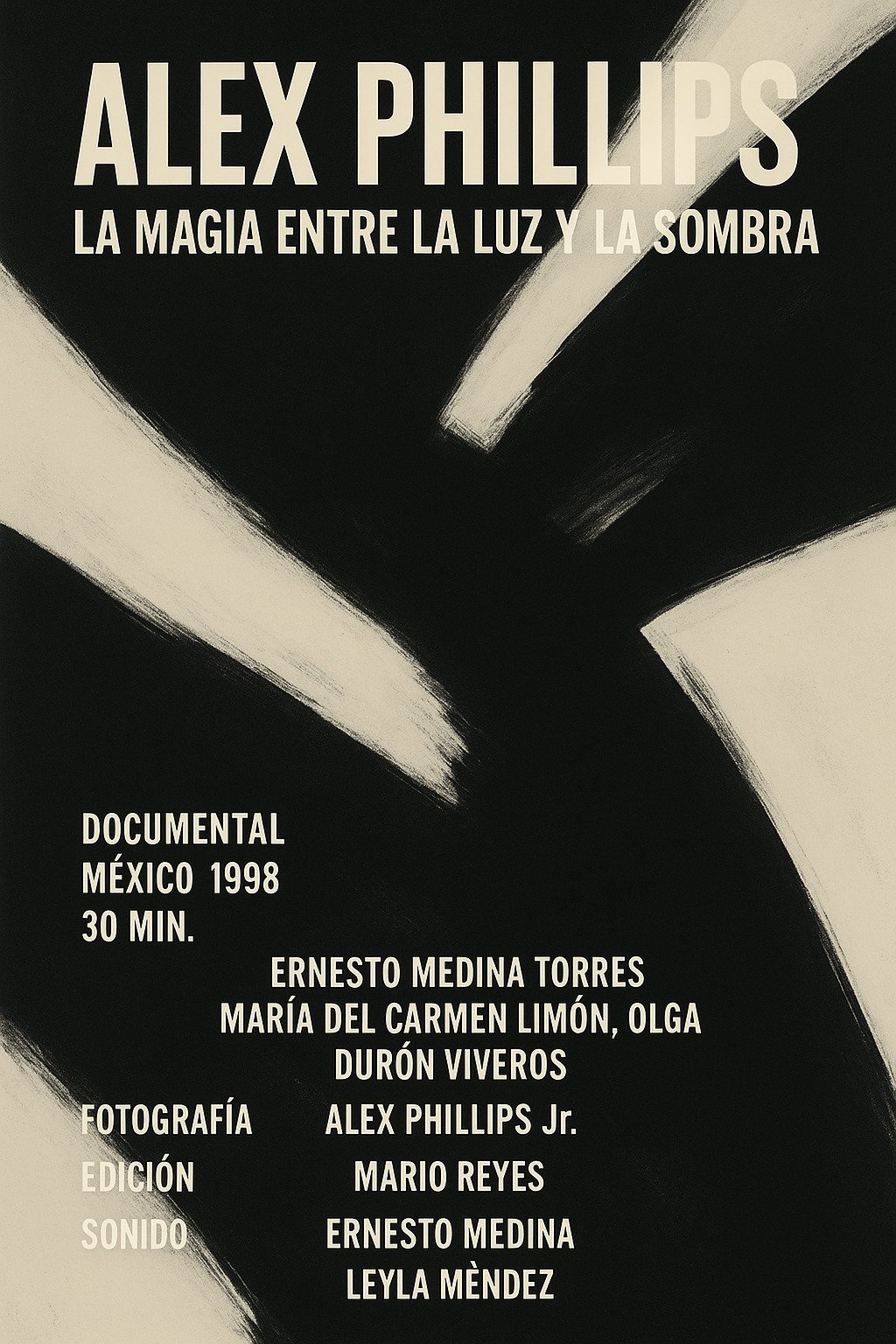
Through still photographs from different eras, excerpts from some of...